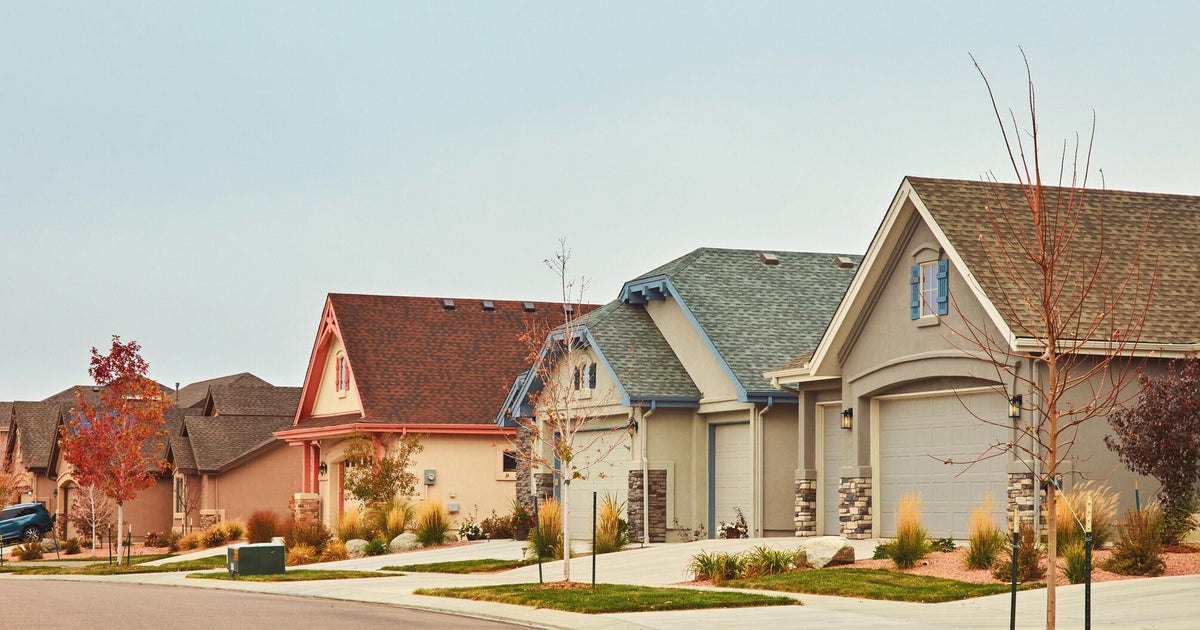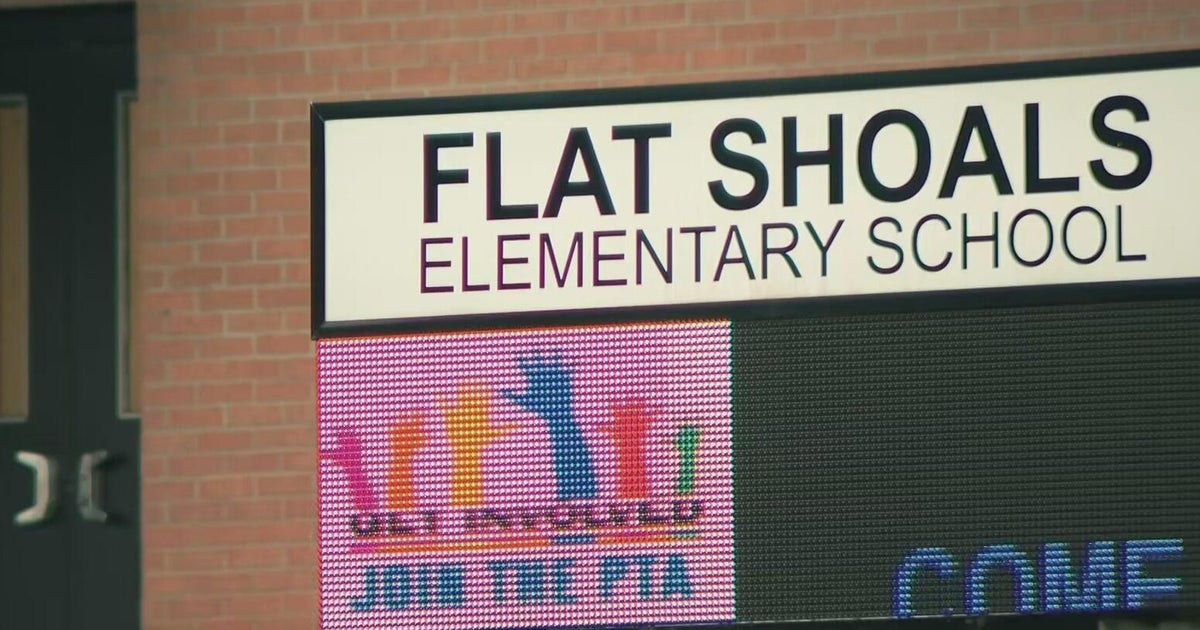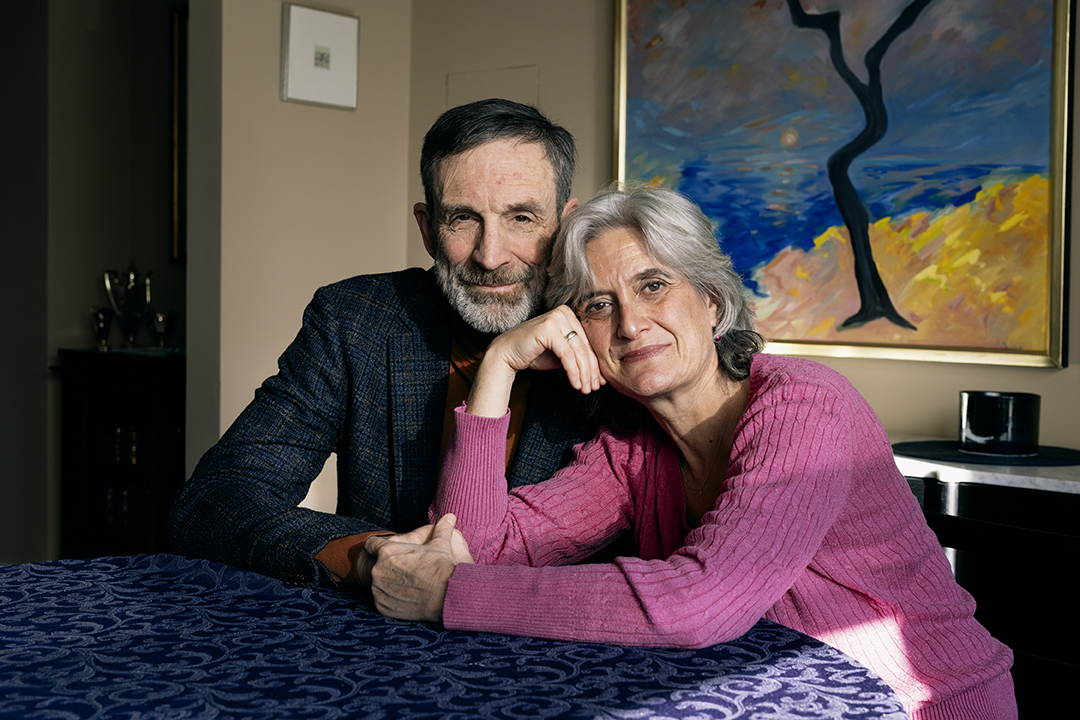Who gets married today? The rich and educated
A funny thing happened on the way to the wedding chapel: Wealthy Americans are getting married, but low-income and less-educated citizens are giving it a hard pass.
That's creating a marriage gap across America because those with college degrees are much more likely to tie the knot than people without a degrees, according to new data from the Pew Research Center. Income also plays into the issue, given that college-educated workers earn about 75 percent more annually on average than people with only a high school degree.
The marriage rate has declined about 9 percentage points over the past 25 years, with about half of all U.S. adults now married, Pew said. Marriage's heyday was in 1960, when about seven out of 10 adults had tied the knot. While marriage rates have declined for people at all educational levels, the plunge is particular dramatic for high school graduates.
"Marriage rates are also more closely linked to socioeconomic status than ever before," Pew researchers Kim Parker and Renee Stepler wrote in a post about the data.
About 50 percent of Americans with high school degrees are now married, down from 63 percent in 1990. By comparison, 65 percent of college-educated adults are married, down only 4 percentage points over the same period.
So what's causing the difference? Most likely a complex mix of societal and economic changes, including fewer career opportunities for less-educated Americans and the phenomenon of adult workers living at home with their parents.
As manufacturing jobs dwindled over the past few decades, working-class men have suffered from shrinking incomes, which may hurt their marriage prospects, according to research published earlier this year from MIT economics professor David Autor and his colleagues.
At the same time, young workers are more likely to live at home than in earlier generations. About four out of 10 young adults now live with their parents or other relatives, the highest share since 1940, when the U.S. economy was recovering from the Great Depression and about to enter World War II.
The marriage gap may only widen, at least based on how Americans without college degrees view the trip to the altar.
"Never-married adults who have not completed college are more likely than college graduates to say they don't plan on marrying in the future," the Pew researchers noted.
Americans with high-school educations are almost twice as likely to say they don't want to get married when compared with their college-educated peers, Pew found.
Asked why they haven't tied the knot, most Americans point to another issue: the difficulty in finding the right person. About six out of 10 say they simply haven't met Mr. or Ms. Right.
What about financial problems? No surprise, lower-income Americans are more likely to blame lack of money for failing to find a spouse. Almost half of people earning less than $30,000 said their finances were a major reason they hadn't yet married, compared with only 21 percent of those earning more than $75,000.



